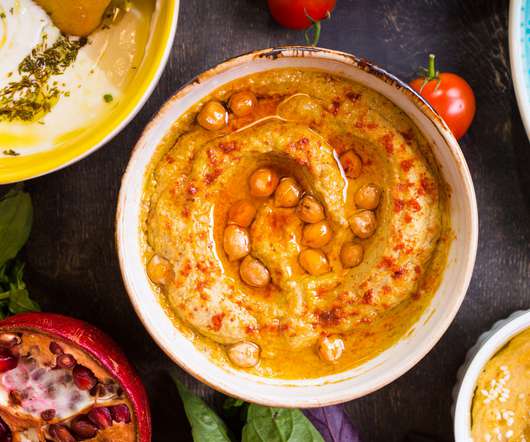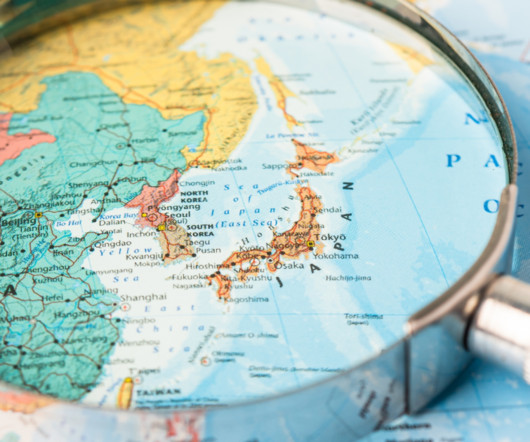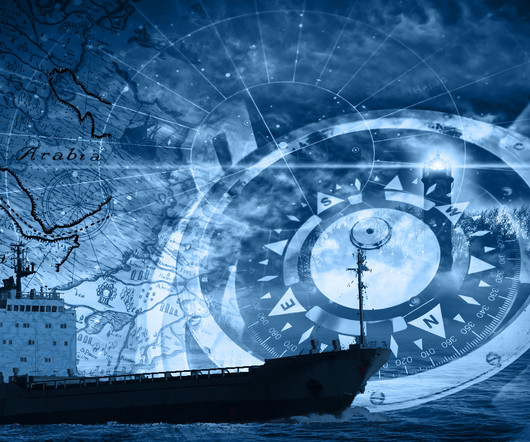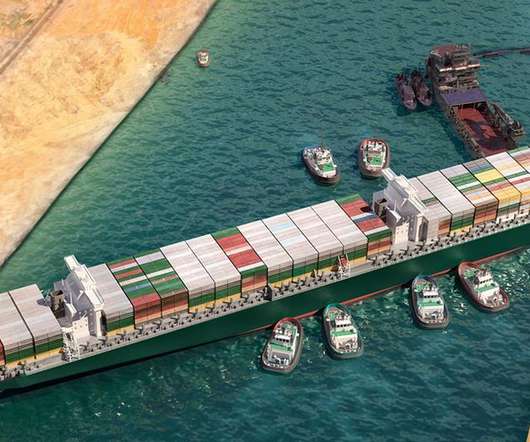People and Halal Supply Chains
The Logistics & Supply Chain Management Society
OCTOBER 14, 2021
Muslim (majority) countries in Asia (such as Brunei, Indonesia, and Malaysia) and several countries in the Middle East are moving to stage 3: the halal supply chain. In other words, halal requires an organisation of the supply chain instead of just the factory: from source all the way up to point of consumer purchase.




























Let's personalize your content